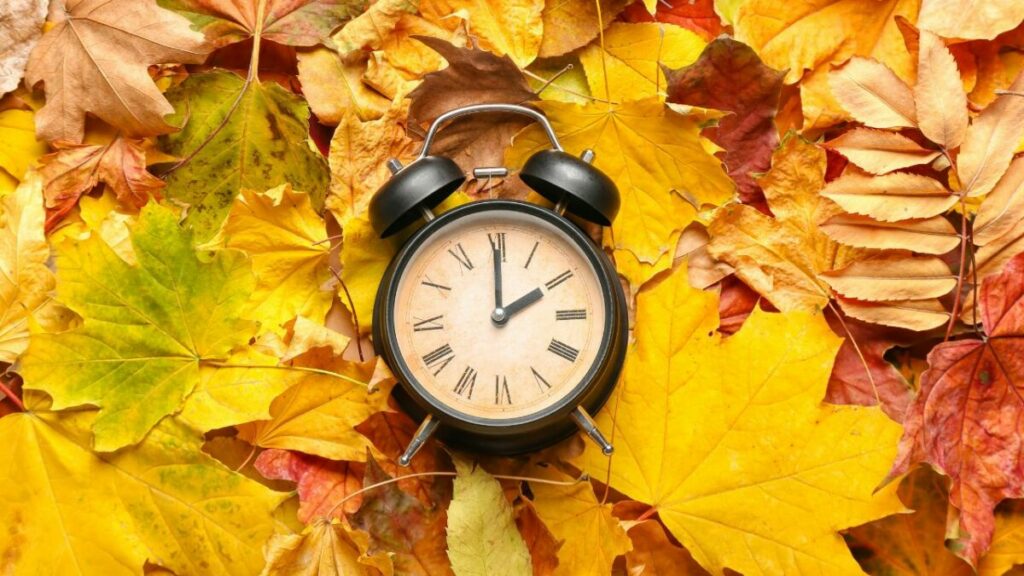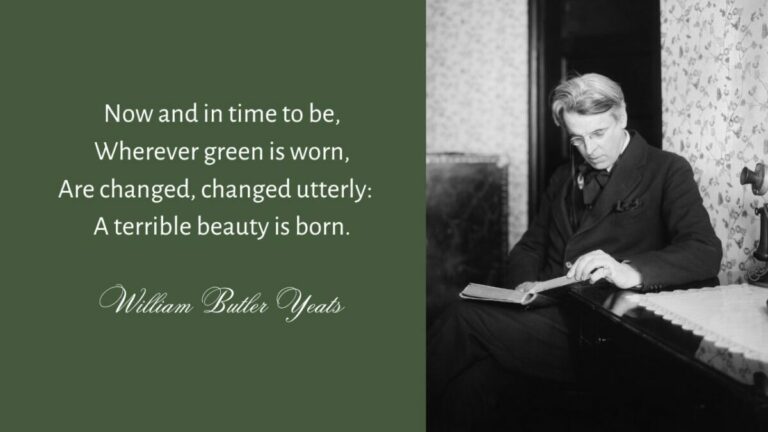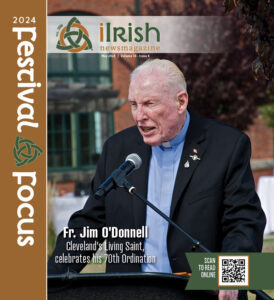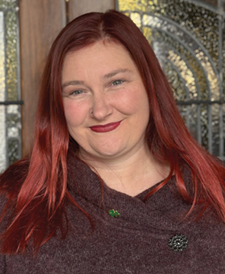
By Terry Boyle
In May this year, I went back to Ireland. Since moving to Southern California, the trek back home has been significantly longer.
When I lived in Chicago, the flight to Dublin could sometimes be less than six hours. With the wind behind, driving you forward, you could make the 3,500-plus miles in very good time. However, once you got to Dublin, the trek to Derry was not as easy.
It may only be 150 miles from Dublin to Derry, but if you travel by bus that trip can take up to five hours to complete the journey. I have many not-so-fond memories of every village or town we stopped at, wishing my suffering would come to an end.
The trip from Southern California takes almost a whole day to complete. If I thought the bus journey was tediously long, I was wrong. Now, it’s three flights to get to Belfast, followed by a bus journey to Derry. Instead of making my life easier, I seem intent on making it harder.
I blame my Catholic need to do penance for such leanings. We’re never happy with what we have until it changes, then we long for the old days again. Whatever we think, change is inevitable.
Our lives are full of changes. We age, we move house, family dynamics change, we lose people along the way, and generally, time evolves around us in interesting and unusual ways.
I noticed this sense of change most of all on my last trip back home. The Ireland I left in 2004 is so different today.
Yes, there are things that are still the same. Scratch the surface of any Northern Irish person, and you’ll find the usual bias when it comes to political differences about the question of Northern Ireland’s future. Those differences have been embedded into the minds of many generations and it will take huge changes in attitude to bring about a tolerable solution.
There are things that you hope won’t change. For example, you can still count on the Irish love of wit. There’s no community so capable of unmasking pretension with a humorous retort as the Irish. It’s intrinsically part of our DNA. You can’t read, watch, or listen to any form of Irish art without encountering the Irish love of satire.
The natural beauty of Ireland, particularly on the west coast, has managed to maintain its charm. While tourism has flourished, and there have been changes made to accommodate this industry, overall the countryside is still one of the prettiest places to be in the world.
You can immerse yourself in the wonder of ancients, as you visit the prehistoric sites of the Celts. Their stone fortresses, gravestones, and places of worship are still littered throughout the island. It’s easy to see why artists have been so inspired to write about these places. They are great fodder for the imagination.
The changes I noticed on my last visit had more to do with the psychological than the physical landscape. When I was growing up in Ireland, the Catholic church dominated my worldview.
You’d still see those great cathedrals sitting on the highest place, looming over the people underneath. The sheer symbolism of its authority was a constant reminder of the power it wielded. From baptism through to adulthood, you were groomed into thinking that your salvation depended on loyalty to the church.

With its doctrine ingrained deeply into your mind, it was hard to see it as anything other than a dictatorial regime. With this amount of control over the Irish community, I never thought it would ever change but it has, as Yeats puts it, ‘changed utterly’.
Another change that has become more evident to me is the greater diversity in Ireland. As immigrants from other countries have settled in Ireland, the country has opened up to the rest of the world. Joining the E.U. has made us feel a part of a larger community and this has saved us from becoming insular.
Of course, there will be those who see this opening up of borders as a detrimental change to Irish society, as they do here in the United States, but I’m inclined to think that this mentality is the result of fearmongering. Other cultures can enrich our lives, widen our perspectives, and force us to question our own worldview. In this respect, change is never easy, but it’s necessary if we are to grow beyond simple tribalism.
What’s happening in Ireland is taking place throughout the world. We see communities struggling to come to terms with change. In some cases, the worst possible scenario becomes realized as the community becomes xenophobic, rejecting all outside influences to preserve the old way of life.
Such behaviour is simply a reflection of a community’s insecurity. Change is part of nature, whether we like it or not. Historically, people have been moving from one country to another and bringing with them changes.
When the Vikings came to Ireland, it wasn’t simply a matter of pillaging the monasteries. They introduced money. Settling in the Dublin area, they enriched the economy. They set up trade routes to England and Scandinavia and were credited with the first urban centre, Dublin.
Irish society, like most places today, is in a state of flux. Change creates uncertainty and none of us like to feel uncertain. With the loss of the familiar, we wonder what will become of us. Will we lose more than we gain?
There are no easy answers to any of the questions that arise as a result of change. We can only look at nature, or our past, and realize that change happens. We cannot stop it from happening, but we can choose to embrace it and allow ourselves to evolve with those changes. It’s consoling to read Ecclesiastes at such times to remind ourselves that change is all very natural.
‘For everything, there is a season, a time for every activity under heaven. A time to be born and a time to die. A time to plant and a time to harvest. A time to kill and a time to heal. A time to tear down and a time to build up. A time to cry and a time to laugh. A time to grieve and a time to dance. A time to scatter stones and a time to gather stones. A time to embrace and a time to turn away. A time to search and a time to quit searching. A time to keep and a time to throw away. A time to tear and a time to mend. A time to be quiet and a time to speak. A time to love and a time to hate. A time for war and a time for peace.’
(Ecclesiastes 3 1-8)
Find this and more of Terry’s columns HERE

*Terry is a retired professor now living in Southern California. Terry is originally from Derry, Northern Ireland, and in 2004 he took up a position at Loyola University, Chicago where he taught courses on Irish and British literature. Apart from teaching, Terry has had a number of plays produced and has recently been included in The Best New British and Irish Poets 2019 - 2021 (published by The Black Spring Press). He can be reached at: [email protected]
Follow Terry Boyle on YouTube.
Pre-Order Terry Boyle’s poetry collection Angels & Empty Pages at Black Spring Press Group. Follow the link here.







Monthly newsmagazine serving people of Irish descent from Cleveland to Clearwater. We cover the movers, shakers & music makers each and every month.
Since our 2006 inception, iIrish has donated more than $376,000 to local and national charities.
GET UPDATES ON THE SERIOUS & THE SHENANIGANS!